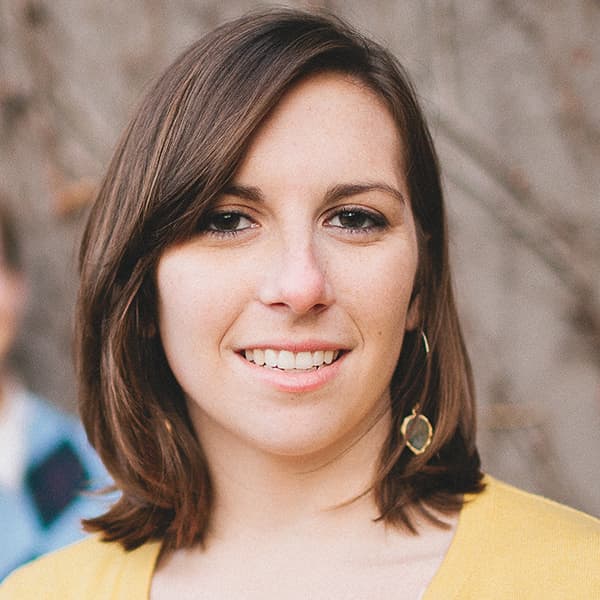Advertisement
Researchers Seek New Ways To Prevent, Treat Alzheimer's
ResumeResearchers are gathering in Boston this week to discuss new developments in the treatment of Alzheimer's disease.
While the disease has been studied for 30 years, researchers at the Alzheimer's Association International Conference still have many questions about the causes and treatment.
Reisa Sperling, director of the Center for Alzheimer's Research and Treatment at Brigham and Women's Hospital, is launching a study to look at one possible treatment to prevent the disease in patients with a high-risk of developing it. She joined WBUR's Morning Edition to discuss the trial and developments in the field.
Reisa Sperling: Most of our treatment trials have really been done at the stage where people already have significant memory problems and have dementia. And we're finding out that the process of Alzheimer's disease in the brain begins 20 years before people get to that stage of dementia. So the most exciting research, in my opinion, is that we're now moving some of these treatment trials to people before they have symptoms, but they have evidence of Alzheimer's disease beginning in their brains. And this is the way, I think, we're going to win the war.
Bob Oakes: So this is why you are launching a clinical trial focused on preventing Alzheimer's in patients who appear to be at risk but have no symptoms?
Exactly. And we know that we can see one of these abnormal proteins called amyloid building up in the brain 10 or 20 years before symptoms. So we will identify older individuals between the ages of 65 and 85 who have evidence of this amyloid buildup, but don't yet have any symptoms. And we'll treat them with an anti-amyloid therapy and hopefully slow the rate of cognitive decline. Ultimately, one day, we hope this will prevent Alzheimer's disease dementia.
Some researchers worry that in using treatments to target people largely unaffected by Alzheimer's in hopes of maybe preventing it in them, that in the process we may upset a balance or an equilibrium in the brain. How do you respond to that?
I agree with people who suggest we must be careful in making sure these are safe to give to individuals who are still normal. The drug we've chosen for our A4 trial has already been in about 3,000 individuals and fortunately did not show significant side effects.
You've been criticized by some of your colleagues for your focus on prevention rather than treatment for current patients. Respond to that.
Yes, I think it's a fair criticism. And I am a treating neurologist and I do admit that it makes me very sad for my patients who already have Alzheimer's disease dementia when I say I really needed to treat you 10 or 20 years ago. And I think in parallel, we must develop treatments for people who are already suffering from the dementia of Alzheimer's disease. We shouldn't do one or the other. But I'm firmly convinced after doing clinical trials for the past 10 years that we are going to have more success when the brain still has nerve cells that we can rescue.
Do you ever worry you're on the wrong track?
Yes I do. I certainly worry that amyloid, although I think it's a critical factor in the disease, is certainly only one piece of the puzzle. But I believe we need an answer about amyloid. And if we're wrong we need to know this is the field. And one of the ways we will test that is by trying in an earlier treatment where we might have success. If we don't have success at that stage of the disease I'm willing to change course.
Many people in the field, whether they focus on the kind of research you're doing or other research, think that the outlook for Alzheimer's prevention and treatment is pretty bleak. How hopeful are you that things will change in the next five to 10 years?
Well, I've been accused of being Pollyanna, so I am hopeful. I think it's more likely 10 years than five years. There are a number of these prevention trials starting over the next year — not just ours, but others — in genetic at risk for Alzheimer's disease. And I think these trials collectively will give us a tremendous amount of information to know whether we're on the right track or not. So I am hopeful.
If you and other scientists don't get there, there are those who think that if we all lived long enough, we'd all end up with Alzheimer's disease. Do you believe that?
I'm not sure that every individual will develop Alzheimer's disease, but it is the case that once you get above age 85 or 90, more than half of those individuals have dementia, and the largest contributor to dementia is Alzheimer's disease. And Alzheimer's disease is the only one of the top ten leading causes of death for which we don't have any effective disease-modifying treatment. So we have to really re-focus our resources and scientific endeavors to finding a treatment for Alzheimer's disease and, ultimately, a preventative treatment.
This program aired on July 17, 2013.

